




10.º
Anniversary of operations for CareOregon Dental, Columbia Pacific CCO and Jackson Care Connect
$42.1 millones
Amount we reinvested in 2022 in the Oregon communities we serve*
*Does not include required contributions, such as the SHARE Initiative with Health Share of Oregon
324,721
Calls Customer Service handled enterprise-wide + Health Share – scoring 4.2 / 5 in satisfaction
We’re happy to be part of the Portland Rose Festival family! CareOregon participó como socio presentador del desfile Starlight y marcó nuestro primer año en el Grand Floral Parade. Employees hand-decorated a “Building a Healthier Future” floral entry – then danced along with it and, a week earlier, our Starlight “Everyday Heroes Build Healthy Communities” float. CareOregon Boys & Girls Club at Rockwood joined as our official parade partner, representing a community-based organization.
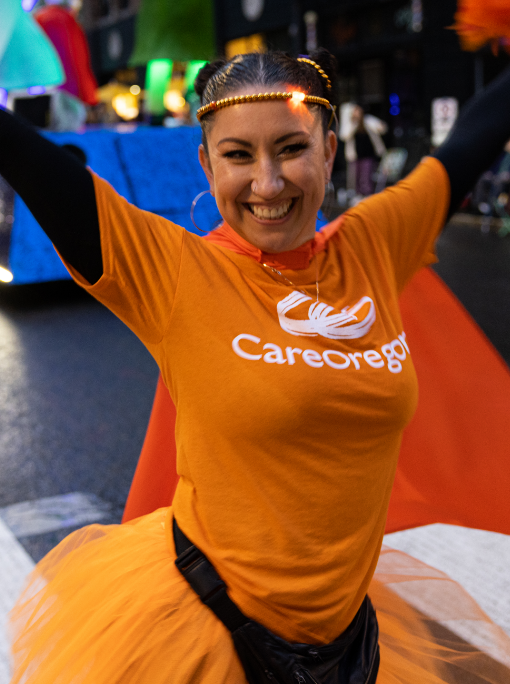
More than ever, our members receive oral health care alongside their physical care - an outgrowth of an initiative to seamlessly combine physical, dental and mental health. Our oral health integration efforts got a boost when our dental team developed online tool kits. The kits give medical clinics all they need to implement oral health into pediatric, prenatal and diabetes visits. And we began reimbursing more broadly for oral health screenings, exceeding OHA requirements.
"Integrating oral health into our system is patient-centered care at its finest. It was such a relief for us to have these materials to use for our community."
– Gina Guillaume, MD (pictured), Medical Director of Portland’s North by Northeast Community Health Center
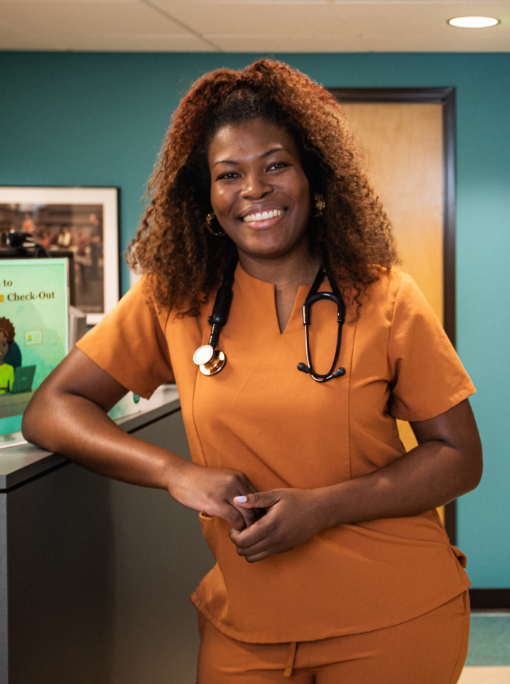
Our Medicare-Medicaid dual plan, available in our six-county service area, continues to innovate – and attract members. Our benefits are powerful, like $1,500 yearly for extra dental services and a debit card with $390 quarterly for drugstore items and groceries. Deborah, a member who joined our plan in 2022, told us, “When I found out about all of my benefits, I had to call one of my friends. I couldn’t believe I got money for groceries. I’m so grateful.” Enrollments jumped as we bundled these and more onto the new CareOregon Advantage CareCard for 2023.


CareOregon’s firm belief that housing is health underpins our longtime involvement in addressing the statewide housing crisis. In 2022, we covered 75% of the capital construction costs for Central City Concern’s new Karibu Stabilization Program. Karibu’s culturally specific services will include supportive onsite housing in Southeast Portland. In Clatsop County, an affordable housing project broke ground, with contributions from Columbia Pacific CCO. And Jackson Care Connect, in southern Oregon, invested in a newly opened supportive housing complex that commits seven beds to our members.
CareOregon invested $905,000 of the $1.2 million in development costs for Central City Concern's new Karibu Stabilization Program. Karibu offers housing support and clinical services and is designed for those involved in the criminal justice system or at risk of such involvement. We're also providing about $400,000 annually for ongoing clinical services. Karibu moved to its new home, on Southeast Powell Boulevard, in early 2023. It plans to offer onsite, supportive housing for as many as 20 program participants.
"Karibu" - pronounced "kah-REE-boo and meaning "welcome" in Swahili - offers an approach that is inclusive, culturally specific and unique in Oregon. "This program is filling a critical gap in our social safety net," says Jill Archer, CareOregon Vice President of Behavioral Health. A wholly Black/African American staff serves Black/African American clients with their housing, addiction recovery and mental health needs.

A measure of housing relief is underway in Warrenton. Trillium House at Chelsea Gardens (pictured at top), with 42 affordable units, broke ground in June 2022. Columbia Pacific CCO awarded $400,000 to the Northwest Oregon Housing Authority for the project’s early funding needs. This, the inaugural grant from our Regional Housing Impact Fund, was part of our $1.67 million overall contribution to the fund in 2022. The project plans to welcome residents in June 2023.
Columbia Pacific also co-sponsored a housing summit that focused on adding a range of housing – from permanent supportive to workforce – in Clatsop, Columbia and Tillamook counties. Health care employers have found it hard to recruit employees due to the scarcity of housing.
Housing is a top priority of the Jackson Care Connect Board of Directors, with permanent supportive housing identified as the biggest need. Our 2022 efforts include housing-related services for fire survivors, grants to community nonprofits, and funds to support members at the 28-unit Rogue Ridge Apartments in Ashland. This permanent supportive housing complex – owned by ColumbiaCare, our nonprofit behavioral health partner – serves low-income, unhoused local citizens who are expected to especially benefit from the enriched environment.
"We asked our community partners and local stakeholders what they saw as Jackson County's greatest needs for housing," says Leslie Ford, JCC Housing Strategy and Development Advisor. "Although there are needs across the whole housing spectrum, we heard loud and clear that the biggest need is supportive housing."

With Oregon facing an immense shortage of behavioral health workers, CareOregon took a decisive step in 2022. We dedicated $92 million in a multi-pronged effort: strengthen the behavioral health systems in the Portland area and Columbia Pacific region and support the recovery services system in Jackson County. Of that, $73.6 million went directly to providers through enhanced reimbursement rates (the amount we pay providers), for an average 30% increase. With our higher rates and other support, providers could choose to offer better wages, bonuses, trainings, or telehealth and other technology. The approach worked. Recruitment, retention and job satisfaction in behavioral health improved; staff turnover slowed. Importantly, this improved member access to services.
And we didn’t stop with our own network. We advocated for Oregon Health Authority to take a similar step for CCOs statewide. And, under Rep. Rob Nosse’s (D-Portland) leadership, the Oregon Legislature approved higher rates overall for Medicaid behavioral health in the next biennium.
The need for a statewide solution was clear in a September 2022 report by OHSU-PSU School of Public Health, OHA and Oregon Alcohol and Drug Policy Commission. They found that Oregon faced a 49% gap between available substance use disorder services and the demand for these services. The gap cut across the behavioral health system: prevention, harm reduction, treatment and recovery services.
CareOregon targeted three areas: mitigating the staffing crisis, building capacity for the long term, and filling holes in the system.
We had the financial capacity to bolster the behavioral health system because, during the worst of the pandemic, members used fewer health care services. As a community-based nonprofit, we were able to reinvest that money to benefit our members, the health care system and community health.
Our teams and partners were clear about high-priority needs. An immense shortage of behavioral health workers was a major issue. The shortages touched masters-level counselors, psychiatrists, nurse practitioners, case managers, peer support specialists, certified alcohol and drug counselors, and staff at residential programs.
"Substance use is a huge driver of long-term health problems," says Jill Archer, MSW, MBA and Vice President, Behavioral Health at CareOregon. "The more we can support treatment, access to medications, and recovery support, the greater ability we have to improve the health of our members."

Our relationships with members, clinical providers and community partners give us insights into the limitations of the health care system. CareOregon's problem-solving approach is rooted in our history and mission. Since our founding in 1994, we've listened to stakeholders and worked as a thoughtful and creative partner to fill gaps - such as the Bridge Clinic at OHSU, which supports youth needing more-urgent outpatient psychiatric services. The year presented many opportunities to build healthier communities for all individuals by strengthening provider networks and community health, while being good stewards of public dollars.
Our investments were wide-ranging. To support our network providers in our Ride to Care nonemergent medical transportation (NEMT) program, we invested $1.7 million (and another $2.6 million for 2023) to offset rising fuel costs and support livable wages. Some $2 million went toward helping medical offices implement electronic medical records. The examples go on; here are several more:
CareOregon invested $7.6 million toward the CATT, Washington County's first center for substance use treatment. Jill Archer, our Vice President of Behavioral Health and a CATT steering committee member, expects that about seven of 10 people who turn to the center will be covered by CareOregon's behavioral health benefit.
When the campus opens by 2025, its range of services – provided by CODA – will include sobering, withdrawal management, supportive housing, peer drop-in services, and residential and outpatient treatment.
We invested in the opening of the Bridge Clinic, a collaboration with LifeWorks NW and Oregon Health & Science University (three team members pictured above). The clinic is designed for youth covered by the Oregon Health Plan who are returning to the community after being in a hospital or other higher level of care. Bridge Clinic is meeting the need for quick access to brief outpatient psychiatric care for youth, while training the next generation of child psychiatry providers in community mental health.
"Gaps in care create high-risk moments for people who have complicated illnesses, who have experienced a recent behavioral health crisis or who are transitioning back to the community from hospitals and residential programs," says Ajit Jetmalani, MD, Director, OHSU Division of Child & Adolescent Psychiatry. "This collaboration … is an example of how people working together can solve challenges creatively to the benefit of the people we serve."
Our $1.2 million grant, paid over two years, covers the inaugural two years of operational costs for the state’s first organization dedicated to members of the LGBTQ+ community, age 18 years and older, who are in recovery from substance use. True Colors opened Oct. 1 as a nonprofit in Northeast Portland, drawing on technical support from 4D Recovery. Programming includes certified recovery mentors, a community center that’s open daily, and chances for civic engagement.
"The launch of True Colors is truly a time for celebration," says 4D Recovery Executive Director Tony Vezina. "CareOregon is making a serious step forward in creating access to recovery for the LGBTQ+ community, and I applaud them."
Amid rising rates of drug overdoses, CareOregon awarded OHSU a $700,000 grant, paid over two years, to fund a harm reduction nurse, as well as supplies such as naloxone. Using a trauma-informed and nonjudgmental approach, the nurse visits select patients at bedside, asking about their substance use practices, concerns and treatment goals. The intent is to reduce the risk of overdose and other harms. The role also assists nursing staff – thus building capacity to work with patients affected by drug and alcohol use – and is a partner to the OHSU Improving Addiction Care Team (IMPACT) that CareOregon and OHSU Health IDS support.

Our 2022 community reinvestments focused on organizations that meet our members' needs. We deepened our investment in the Rockwood neighborhood of east Multnomah County - especially through CareOregon Boys & Girls Club at Rockwood, pictured above - and entities that support social health, including housing, food and access to critical health services.
For the fifth year in a row, Portland Business Journal recognized CareOregon as a top philanthropic organization in Oregon in the Enterprise Category (companies with revenue at or above $100 million). Nuestras contribuciones dinerarias nos posicionaron como la tercera empresa más generosa del estado.
Our $2 million, 10-year partnership with the Boys & Girls Club of Portland Metropolitan Area took shape in 2022. To build a stronger Rockwood, we invested in the four other community-based organizations on the campus of the club, which was renamed “CareOregon Boys & Girls Club at Rockwood.” Other investments included:
Latino Network: $250,000 for La Plaza Esperanza, a new facility on campus that will offer wraparound services in health, family counseling, wellness and immigration support; culturally specific preschool and youth programs; and gathering and meeting spaces.
New Avenues for Youth: $50,000 to hire an additional after-hours crisis services coordinator, who will provide immediate crisis intervention and stabilization for youth 9-17 years old, then help them make a personalized plan for the future. Beyond our substantial financial support, employees volunteered on multiple projects at the Club, including creating a welcoming outdoor gardening area.
Traditional health workers offer frontline support for health-related social needs, often in culturally appropriate ways. CareOregon realized it was time to move from our previous short-term grants to sustainable reimbursements for this workforce. But how?
To devise a new payment model, we engaged with eight community-based organizations in a grant-supported collaboration. The result of these meetings: a mutually agreeable mechanism for reimbursing a network of community health workers and peer support and wellness specialists.
"We are having more and more demands on the health system to address social needs," says Ifeoma Muoto, Director for Community Health Partnerships for CareOregon Metro. "Traditional health workers are the social health workforce. That's why this program is critical."
Feeding America estimates that one in 10 Oregonians faces hunger. To help address this staggering need, CareOregon invested in multiple community-based organizations that increase access to healthy foods where our members live and work. Our 2022 partnerships included:
The Community for Positive Aging: $25,000 to provide culturally specific foods and case management support to older Asian community members
Growing Gardens: $25,000 to promote gardening in low-income and BIPOC communities to create an equitable and healthy local food system
Zenger Farm: $25,000 to support access to its CSA Partnerships for Health program (Community Supported Agriculture), which provides food to uninsured families in North and outer Southeast Portland.

CareOregon looks for ways beyond standard medical care to improve individual and community health. Our health-related services funds are an exciting tool for that. These dollars pay for goods and services that we determine would greatly enhance a member’s health but are not otherwise covered by the Oregon Health Plan or Medicare. The funding requests can come from a provider or from our teams that support members who have special or complex needs.
We also work to meet members where they are – literally, out in the community, and figuratively, in their readiness to engage in health care.
Take, for example, the middle-aged Columbia Pacific CCO member with diabetes and chronic mental illness. When winter hits, his activity level drops - and his weight rises, impacting his diabetes and mood.
The man, who lives in an adult foster home, asked our Exceptional Needs Coordinator Katherine Hunt if it was possible to access a treadmill. After consulting with the foster home and the member's primary care provider, Hunt successfully applied for the equipment through the health-related services program. Now the member uses the treadmill twice daily. And when he's not on it himself, he welcomes fellow residents to get moving, too.
At Jackson Care Connect, Behavioral Health Coordinator Sarah Weis turned to health-related services funds to help an 86-year-old stroke survivor who was living in his car after being evicted from his assisted living facility. The member had fallen behind on rent after a coding error led to garnishment of his Social Security benefit.
With the help of community partners, Weis corrected the coding error. Our services funds reviewers approved payment of the $3,000 the member owed in rent. The assisted living facility welcomed him back, where he's eating regular meals, taking his medications and getting therapy for the stroke's effects.
In this case and many others, stable housing - not a hospital stay - was the effective remedy, says Erica Idso-Weisz, regional care team manager for Jackson Care Connect. "And that's why," she notes, "health-related services dollars are vital to the care people need."
At a school fair in the fall, a grade-schooler runs up to the Connect to Care table, drawn to the prize wheel and coloring books. As the wheel spins, CareOregon's team chats with the parents: "Oh, do you have health insurance? Do you need a flu shot?"
Whether outside the mobile shower truck at Lents Park, beneath the Burnside Bridge, inside Union Gospel Mission or at neighborhood events, our four-person Connect to Care team lives up to its name, helping community members navigate the health care system and understand their CareOregon benefits – and in the language they understand.
"Our role in the community is to meet the needs of members immediately and answer their questions in the moment," says Michelle Soles, Community Engagement Supervisor, CareOregon. " 'How do I find a medical doctor, how do I arrange a ride to my medical appointment, and can you help me get a new Member ID card?' And the answer to each of those questions is, 'Yes, we can help'. "
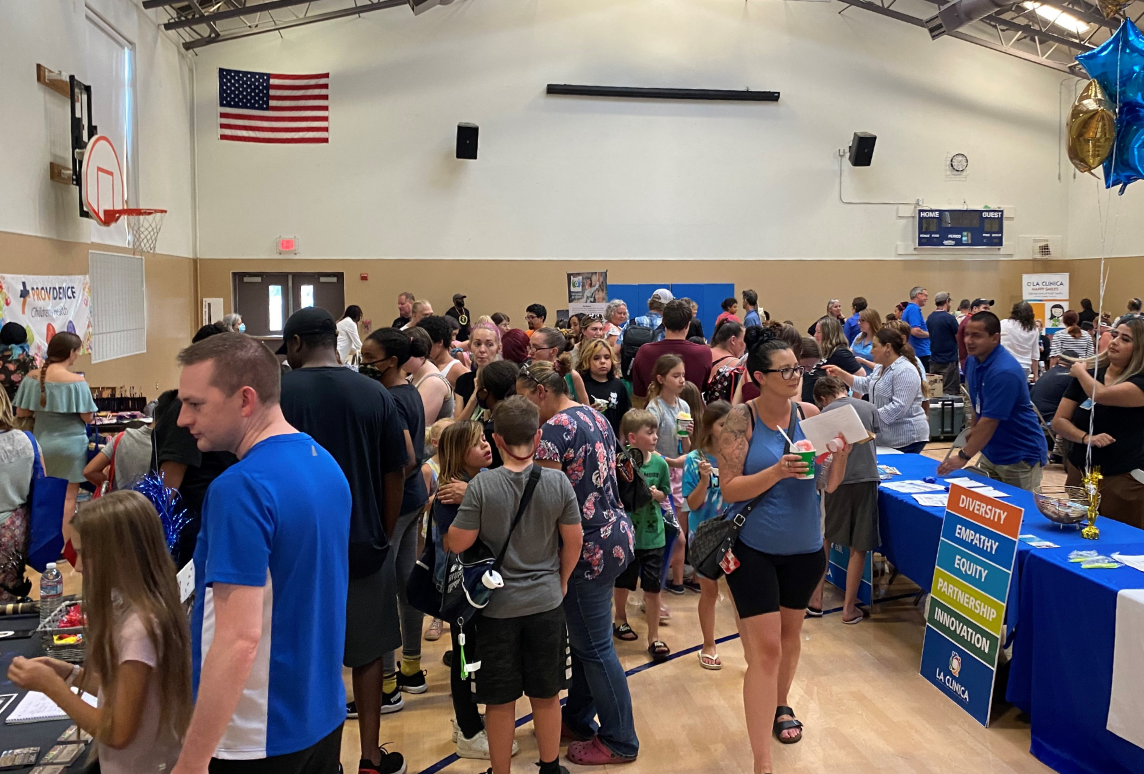
August can be intense for families as they squeeze back-to-school preparations into their schedules and budgets. To help set up students for academic success and ease pressure on parents and grandparents, Jackson Care Connect and the Medford School District co-organized the Healthy Start Block Party.
Social service agencies, youth groups and health care partners offered dental screenings and fluoride varnishes, scheduled well child visits, administered COVID-19 vaccines, distributed food boxes, gave out school supplies and offered haircuts. The block party drew more than 1,200 attendees, far more than expected.

In a tight labor market, how to attract and retain talented staff? CareOregon’s mission helps. It draws impressive applicants and inspires us daily. Beyond that, our executive officers and board members pay attention to employee priorities and concerns. Our annual employee engagement survey offers one clear window. The anonymous survey prompted 2022’s first employee sabbaticals, the Aspiring Leader development program, and the decision to hold health care cost-sharing steady for staff. We also rekindled periodic in-person celebrations, from the Portland Rose Festival to a companywide gathering at Castaway (pictured above) to reunite after the pandemic closures.
The 90% response rate to our yearly engagement survey gives leaders the confidence that it indicates what employees care about most. A top message, says Meredith Green, Vice President, People and Culture: "Flexibility and time off were important."
In response, the board suggested sabbaticals. HR developed a flexible, scaled program available to those with at least five years at CareOregon. Eligible staff were invited to apply starting Jan. 1, 2022. The program was a hit. In this first year, 33 staff members and 27 leaders (from supervisors on up) took advantage of the partially compensated career hiatus.
Flexibility also included a greater geographic range for remote work. In 2022 we began allowing staff to work from anywhere in Washington state.
We ramped up our All Staff meetings, supported our new Employee Resource Groups, embraced the return of the Portland Rose Festival, and celebrated the re-opening of the 315 Building with an August staff party (pictured below) at Castaway, an event space in Northwest Portland.

Another initiative, the Aspiring Leader program, is an answer to strong employee interest in more pathways to career growth. The 12-to-18-month program focuses on developing skills involved in being an effective people leader. Its first cohort graduated in 2022 - helping ensure a strong future for CareOregon.
"The Aspiring Leader program offers a lot of flexibility and support from mentors and your leaders. I was able to tailor the program to fit where I most wanted to grow," says Heather Oberst, Community Engagement Manager, Columbia Pacific CCO and member of the first Aspiring Leader cohort. "I felt very ready to step into leading people in a way that feels right to me."

CareOregon has always shared our knowledge and experience with other organizations, in Oregon and nationally. Our staff and leaders present at conferences, join panel discussions, and take part in interviews by journalists and webinar/podcast hosts. In 2022, those interviews included a Portland Business Journal article in April that named CareOregon President & Chief Executive Officer Eric C. Hunter as its Healthcare CEO of the Year. Here's a sampling of the year's 74 speaking engagements.
In January, Jonathan Weedman, Vice President of Population Health, took part in “Permanent Supportive Housing: Voices from the field,” a conversation with JOIN’s Executive Director Katrina Holland and mental health provider Miya Abbott discussing what these services look like and how they influence health outcomes.
Two CareOregonians – Karissa Smith, Director, Care Coordination and Summer Sweet, Triage and Data Integration Manager – provided a virtual session and Q&A in February on “Leveraging Risk Stratification to Select and Target Populations for Intensive Care Management and Reduce Avoidable ER Visits.”
Emily Adler, Senior Manager, Care Coordination spoke in June on “Rebuilding trust: Putting person-centered care front and center when addressing social determinants of health.”
Also in June, President and CEO Eric C. Hunter presented “Streamlining Coverage Between Medicaid & the Marketplace.”
At this month-long virtual conference in August, Paul Carson, Training and Development Specialist, discussed “Intro to Motivational Interviewing: Helping to Navigate Trauma.”
In October, Chief of Staff Jeremiah Rigsby was a panelist for a session on "The 1115 waiver implementation’s impact on health and health equity."
Misión
Inspire and partner to create quality and equity in individual and community health
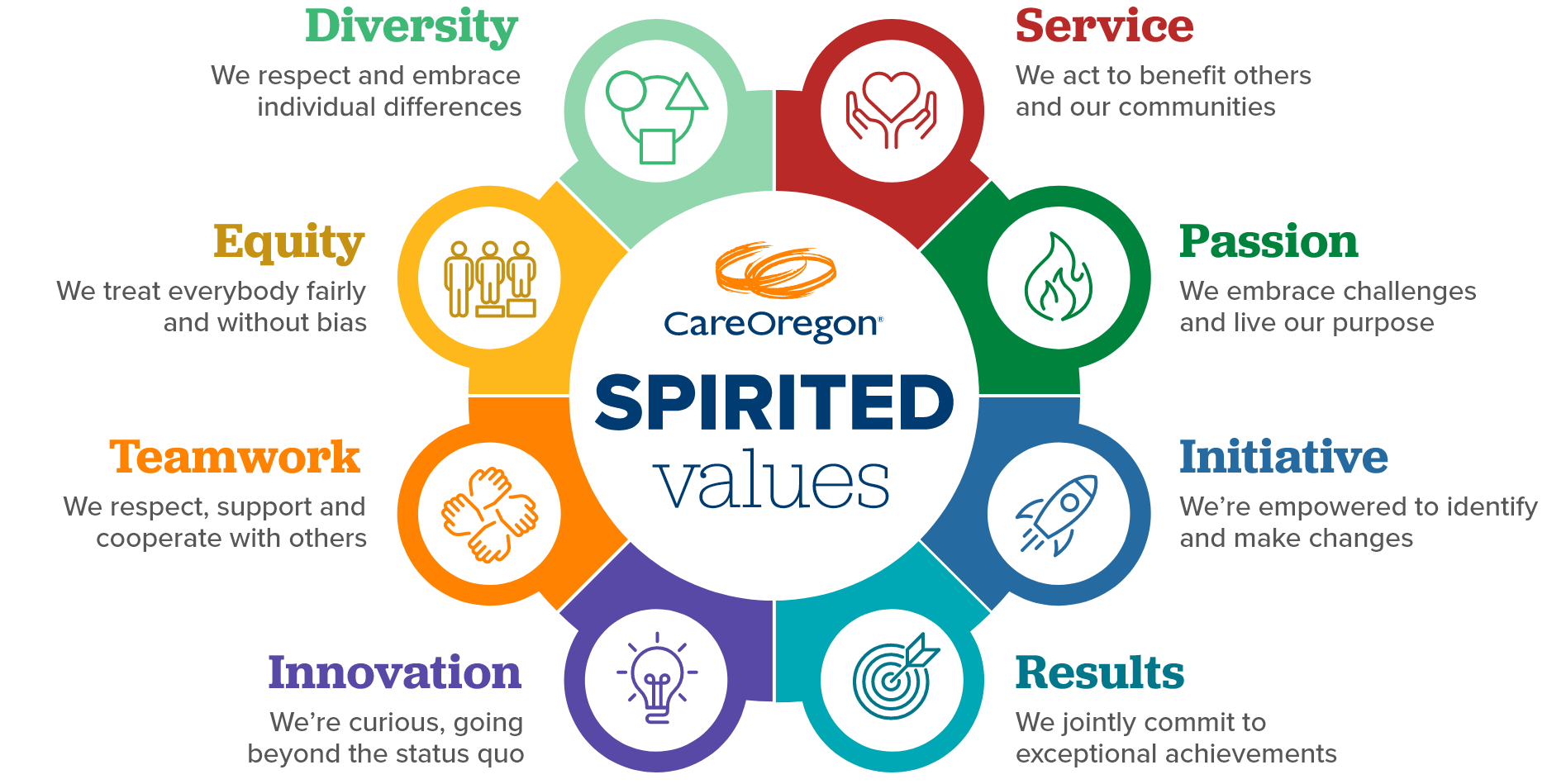
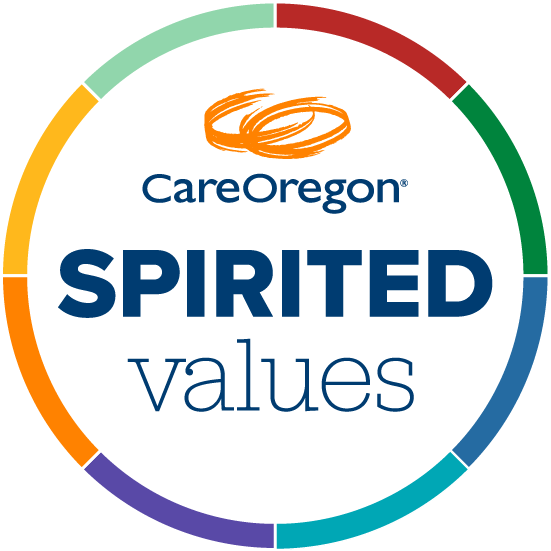
Actuamos para beneficiar a otras personas y a nuestras comunidades
Aceptamos los desafíos y vivimos nuestro propósito
Estamos empoderados para identificar e implementar cambios
Nos comprometemos en conjunto para alcanzar logros excepcionales
Somos curiosos, para romper el status quo
Respetamos, apoyamos y cooperamos con los demás
Damos un trato justo e imparcial a todas las personas
Respetamos y abrazamos las diferencias individuales
CareOregon enjoyed another year of financial stability. Our strong reserves allowed us to continue creating quality and equity in individual and community health. In particular, we invested significant effort and money in strengthening both our provider networks and the communities we serve.
Several factors contributed to our financial situation. First, Medicaid membership steadily increased as Oregon Health Plan members were not required to reaffirm their eligibility during the COVID public health emergency. Secondly, our Medicare membership increased, helped by the appeal of CareOregon Advantage's benefits package and provider network. Lastly, our overall member population was healthier, and utilization of medical services was lower than we had anticipated.
This confluence of factors enabled us in 2022 to make important investments in providers, members and communities. To improve members' access to care, we increased the rates we pay health care providers. We also devoted millions of dollars to initiatives that improve health care quality for members, meet social health needs (housing, food, social support, education) and build community-wide health. Our nonprofit mission and values informed these reinvestments.
543,000
$2,37 mil millones
$1,27 mil millones
Through our three coordinated care organizations, CareOregon reinvested more than $42 million in Oregon communities in 2022. El dinero contribuyó a los servicios de salud, tecnología de la información de salud y otras inversiones que se alinean con nuestra misión de apoyar a los miembros a través de asociaciones con programas y servicios locales. This was in addition to our required contributions, such as the SHARE Initiative with Health Share of Oregon.
We also dedicated funds toward helping reduce health disparities. Después de identificar las poblaciones específicas más afectadas por la discriminación, trabajamos para mitigar los riesgos de salud asociados con condiciones sociales. Buscamos socios clave en organizaciones cultural y lingüísticamente específicas, así como programas atendidos por profesionales de la salud tradicionales (THW), incluidos trabajadores comunitarios de salud, especialistas en apoyo de pares y otros tipos de THW. Si bien seguimos estando orgullosos de la asistencia y la atención que ofrecemos a nuestros miembros, reconocemos que aún queda mucho por hacer.
$39,345,566
$13,084,447
$10,583,614
$15,677,505

$1,693,518
$1,476,159
$212,333
$5,025
$1,106,065
$841,916
$212,333
$51,816


Kerry Barnett, Dr. en Derecho
Retired
Formerly President and Chief Executive Officer, SAIF
Jonathan Betlinski, MD
Director, División de Psiquiatría Pública
OHSU
Larry Didway
Inspector
Distrito de Servicio Educativos de Clackamas
Brenda Johnson
Directora ejecutiva
La Clinica
Woody English, MD, MMM
Médico jubilado
Providence Health and Services
Tec Han
Director de Inversiones
Vibrato Capital LLC
Damien R. Hall
Socio
Dunn Carney LLP
Susan Hennessy
Retired, Vice President, Strategic Planning and Health Plan Services
Kaiser Permanente NW
Eric C. Hunter
Presidente y director ejecutivo
CareOregon
Andrew McCulloch
Retired, President
Kaiser Permanente NW
Jacqueline Mercer
Directora ejecutiva
Native American Rehabilitation Association of the Northwest (NARA)
Gina Nikkel, Phd
Directora ejecutiva
Association of Oregon Counties
Suk Rhee
Vice President of Programs
Asian Americans/Pacific Islanders in Philanthropy
Glenn Rodriguez
Retired
Formerly Providence Milwaukie, Family Medicine Residence Program
Nancy Avery, presidenta de la Junta
Gerente
ODS Community Dental
Jonathan Betlinski, MD
Director, División de Psiquiatría Pública
OHSU
Cathy Bond
Gerenta de Corretaje de NW Rides
Distrito de Transporte del Condado de Tillamook
Pam Cooper
Directora de Finanzas
Providence Seaside Hospital
Sherrie Ford
Directora
Columbia Health Services
Henry Heimuller
Comisionado
Condado de Columbia
Tim Hennigan
Funcionario a cargo del cumplimiento de los servicios médicos
Columbia River Fire & Rescue
Eric C. Hunter
Presidente y director ejecutivo
CareOregon
Monica D. Martinez
Vicepresidenta/Asesora general, Asuntos Legales y Normativos
CareOregon
Viviana Matthews
Directora ejecutiva
Clatsop Community Action
Marlene Putman
Administradora
Centros de salud comunitarios del condado de Tillamook
Erin Skaar
Comisionado
Condado de Tillamook
Joe Skariah, DO
Médico
OHSU Scappoose
Eric Swanson
Presidente
Adventist Health Tillamook
Nicole Williams
Directora de Operaciones
Columbia Memorial Hospital
Laura Bridges
Jefa de Servicios de Trabajo Social
La Clinica Health Care
Stacy Brubaker
Directora
Departamento de Salud y Servicios Humanos del condado de Jackson
John Curtis
Consejo Asesor Comunitario de JCC
Jason Elzy
Directora ejecutiva
Autoridad de Vivienda del condado de Jackson
Dr. Matt Hough
Médico de atención primaria
Southern Oregon Pediatrics
Eric C. Hunter
President and CEO
CareOregon
Brenda Johnson
Director ejecutivo
La Clinica Health Care
Scott Kelly
Director ejecutivo
Asante Health System
Nora Liebowitz
Directora de Estrategias
CareOregon
Craig Newton
Consejo Asesor Comunitario de JCC
William North
Director ejecutivo
Rogue Community Health
Lori Paris
Presidenta y CEO
Addictions Recovery Center
Matt Sinnott
Director de Asuntos Gubernamentales y Gestión de Contratos
Willamette Dental